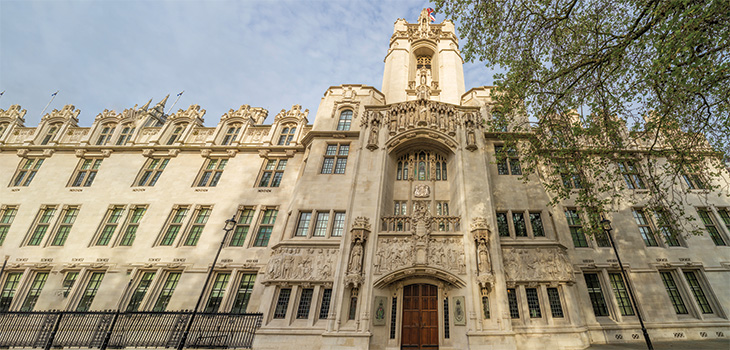
There is nothing unusual in Parliament investing long-established legal terms with revised meanings, or in redefining and repurposing ordinary words. For example, ‘charity’ was redefined after centuries, the offence of rape has been extended, and the institution of marriage has been fundamentally recast; universities need no longer be large, multi-disciplinary institutions engaged in both teaching and research; ‘trust’ has been wrenched from equity to denote a unit of governance in the NHS; and academies, once limited to the higher echelons of art and music education and national bodies of pre-eminent scholars, now designate certain kinds of quasi-independent primary and secondary schools. Centuries of legal, cultural and intellectual tradition and understanding can be overturned by a stroke of the legislative pen.
The Safety of Rwanda (Asylum and Immigration) Act 2024 was a particularly stark reminder of the power of Parliament when








